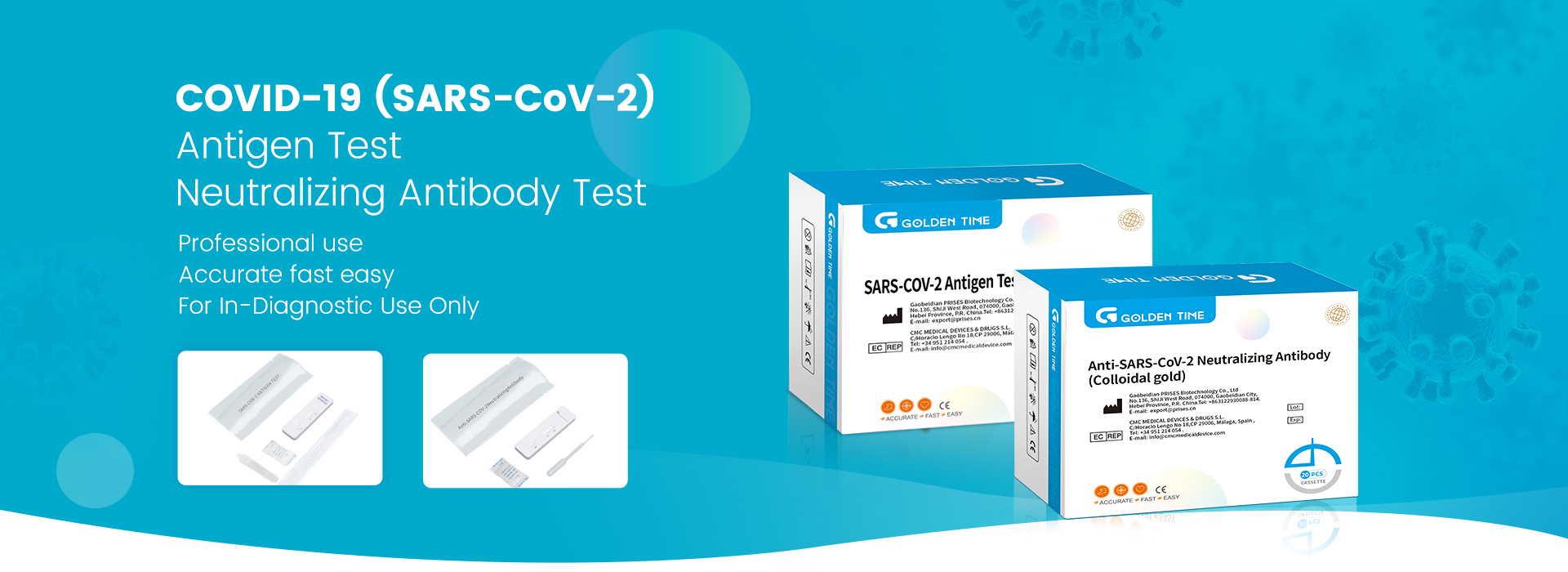PRISES is ramping up neutralizing antibody, antigen and PCR tests to address the evolving demands for COVID-19 testing globally. As countries draw up plans to deal with the new wave of infections amidst the pandemic while vaccination programmes are rolled out, PRISES remains resolute and agile to provide healthcare authorities with the specific tests they need to apply appropriate testing strategies that can help bring the pandemic under control.
Testing is crucial as it informs effective mass intervention programmes that can also minimise disruption to economic activities. However, during a pandemic of such size and scale, it is difficult for countries to determine a perfect testing strategy, as there is no one-size-fits-all approach. It is not only impossible for countries to rely on one ‘gold standard’ test, they cannot adopt the exact same strategies due to varying demographics, infrastructure, cultural attitudes, and economic capacity.
Testing is a nuanced process. When determining which type of test to use, key aspects such as changes in the course of the disease and the nature of the tests available need to be incorporated.
Depending on the time of the appearance of coronavirus and the presence of the two types of antibodies in the human body (IgG or IgM) designed to fight it, PCR and antigen tests are suitable tests in the early onset period (WHO guidelines recommend the use of PCR and antigen tests for triage), while antibody tests are suitable later on when antibodies are produced over days to weeks after infection with the virus and in even larger numbers with a second infection. In addition, the studies of neutralizing antibodies, those that prevent or treat disease, can aid in the development and evaluation of vaccines.
PCR tests are considered the ‘gold standard’ for COVID-19 testing. The WHO has advised PCR tests should be the recommended method for the identification and laboratory confirmation of COVID-19 cases. However, PCR requires laboratory processing techniques and can take up to 48 hours. In comparison, antigen and antibody tests, also known as rapid tests, can return a result in 15-30 minutes and play a valuable role in screening, disease surveillance and epidemiologic research.
Where countries are operating testing programmes under less-than-ideal circumstances due to the rapid spread of the virus and a lack of medical resources, rapid tests are also used alongside PCR tests in settings where they may be the best available option.


